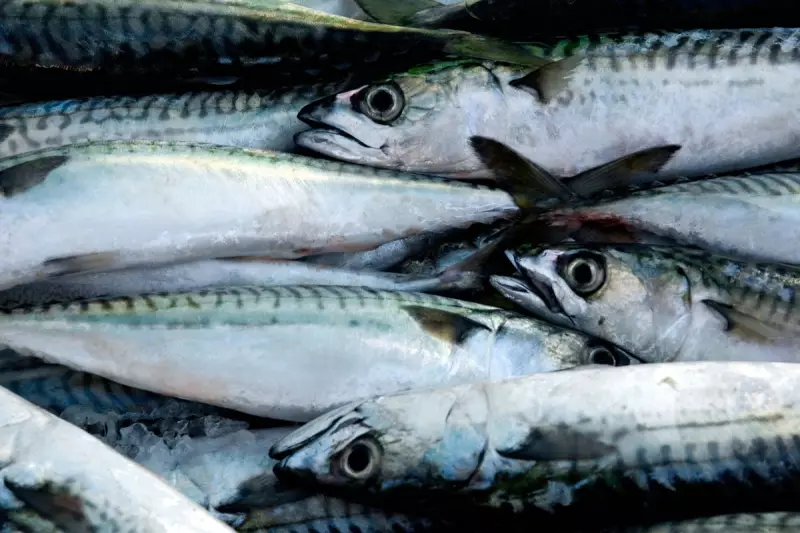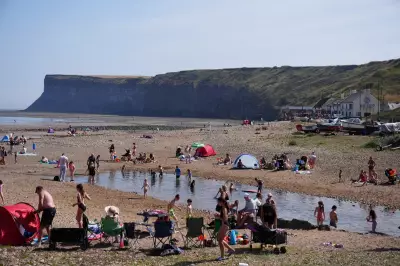
Conservation groups have branded the UK government's position at a major international fisheries meeting as 'pitiful', after it voted against a proposal designed to rescue collapsing mackerel stocks in the north-east Atlantic.
The Scientific Proposal and The Vote
At a meeting of the North-East Atlantic Fisheries Commission (NEAFC) in London last week, the European Union tabled a plan to set fishing quotas strictly in line with scientific guidance. This advice, provided by the International Council for Exploration of the Sea (Ices), demanded a drastic 77% reduction on current mackerel catch levels to secure a sustainable future for the species.
Despite this urgent warning, the UK joined the majority of other NEAFC members in voting against the EU's proposal. The commission includes the UK, Norway, Russia, the EU, Iceland, and Denmark (representing the Faroe Islands and Greenland). Observers from the Blue Marine Foundation noted that this opposition concerns our most valuable fish stock, which is already in a confirmed state of decline.
A History of Mismanagement and Dire Consequences
The EU expressed deep concern over the outcome, warning that the rejection will lead to 'severe overfishing' of the already vulnerable mackerel population. This is not an isolated incident. Data reveals that since 2010, set mackerel quotas have consistently exceeded scientific advice by an average of around 40%.
The consequence of this prolonged overexploitation is starkly clear: the mackerel population has suffered a plunge of 77% since 2015. Ices has repeatedly cautioned that both the species and the wider fishing industry face long-term risks if nations continue to ignore recommended catch limits.
Condemnation and Government Defence
Clare Brook, CEO of the Blue Marine Foundation, did not mince words, labelling the UK's decision as 'embarrassing'. She stated, 'The UK is choosing to favour short-term profiteering over scientific, ecological and economic sense.' She described it as 'pitiful' to see the same mismanagement mistakes repeated after a decade, leading to yet another collapsing stock.
In its defence, the Department for Environment, Food and Rural Affairs (Defra) argued that it voted against the measure because the total allowable catch must first be agreed upon in separate 'coastal states' consultations. A Defra spokesperson said, 'The UK is committed to establishing the sustainable management of mackerel and other stocks through the correct procedures.'





